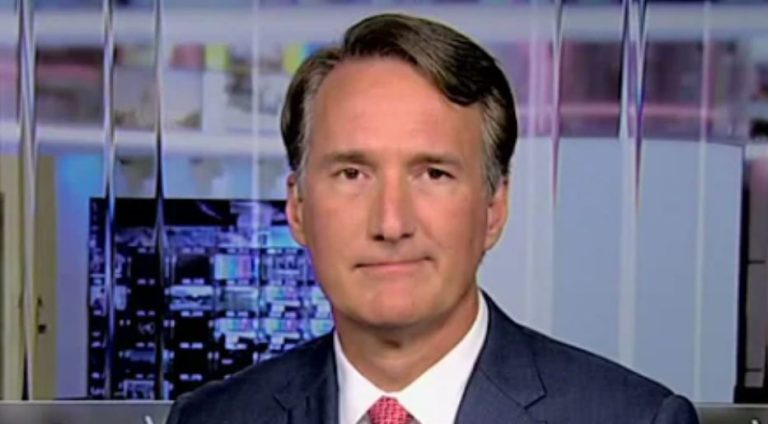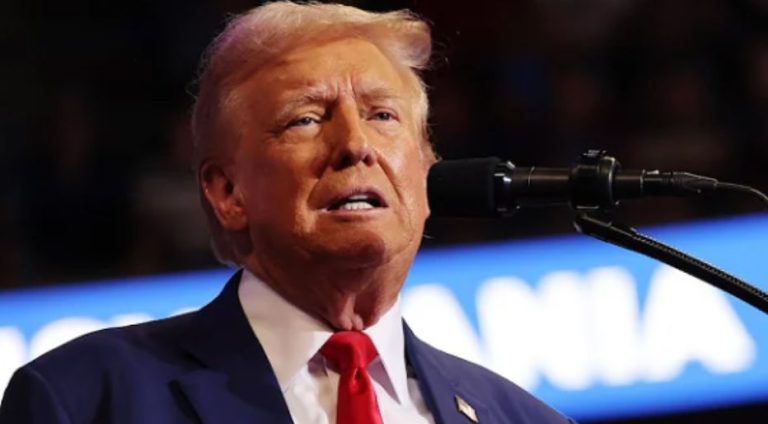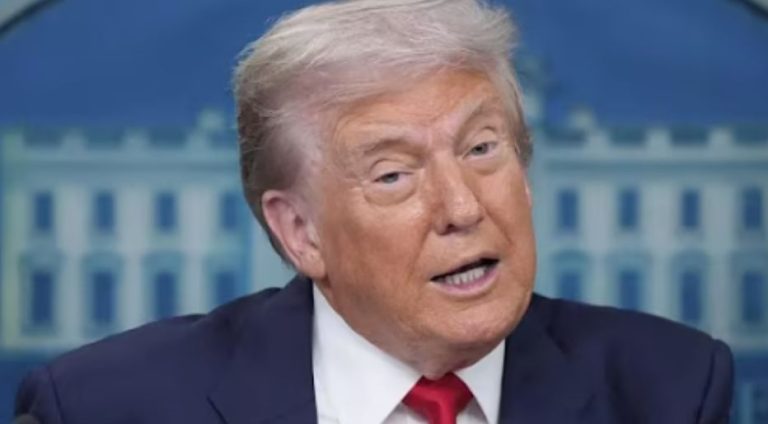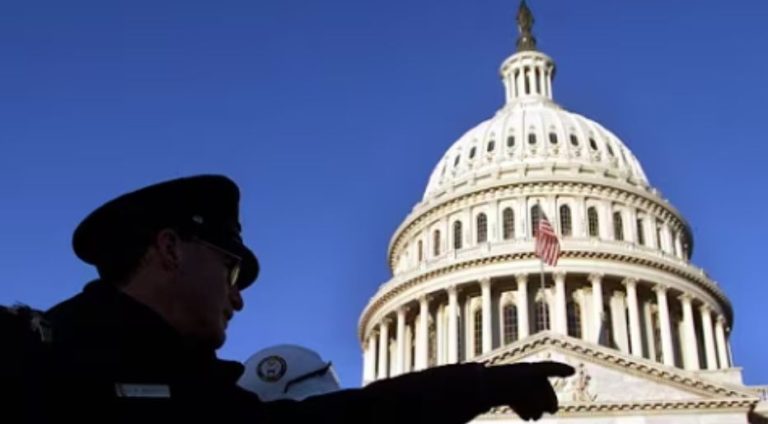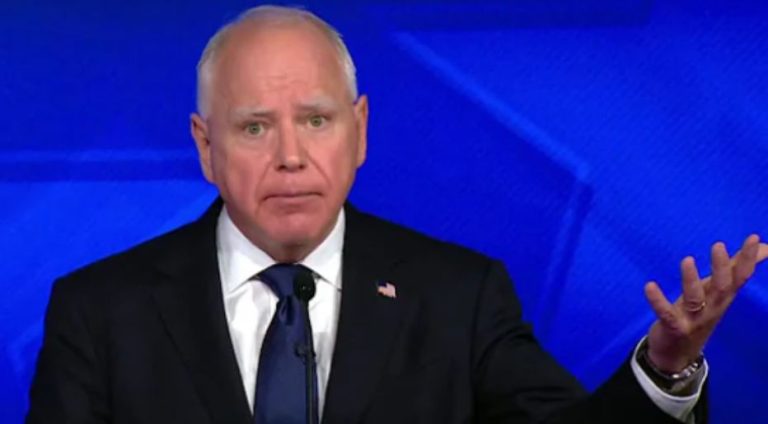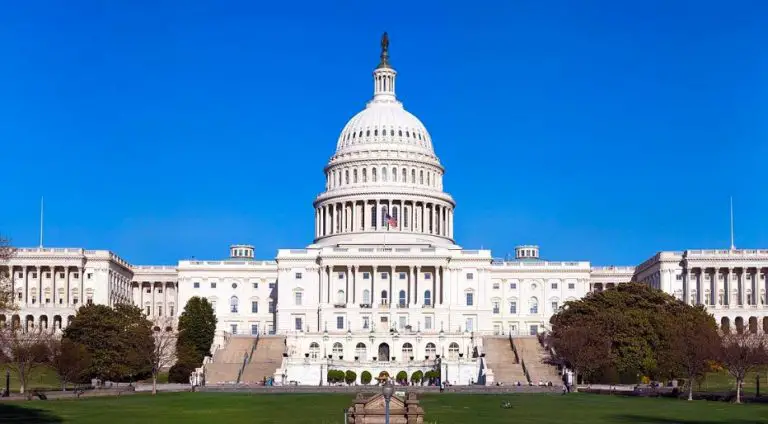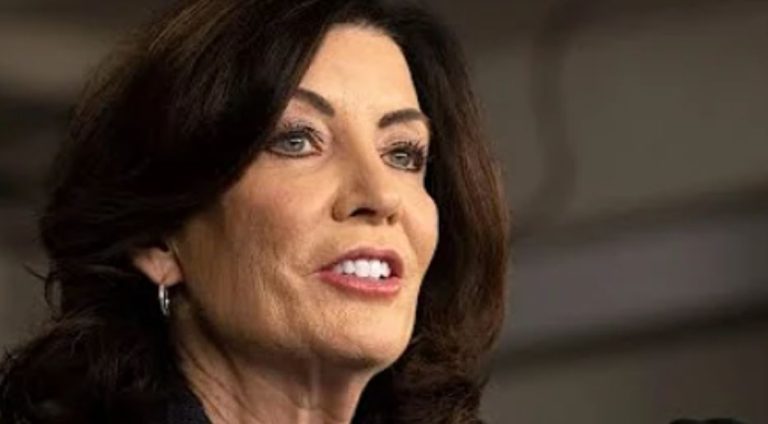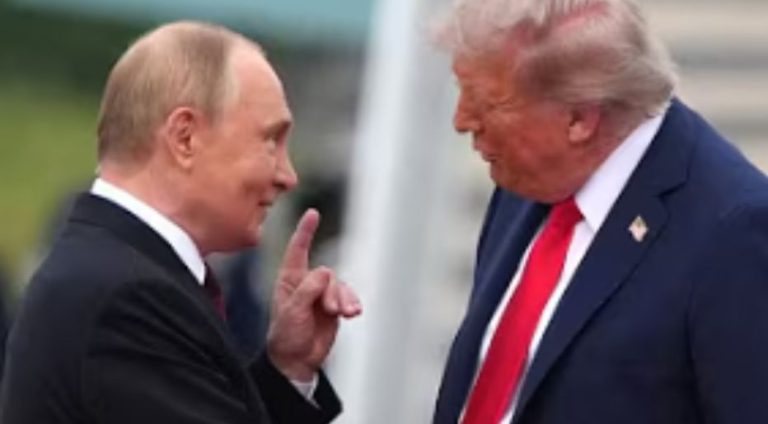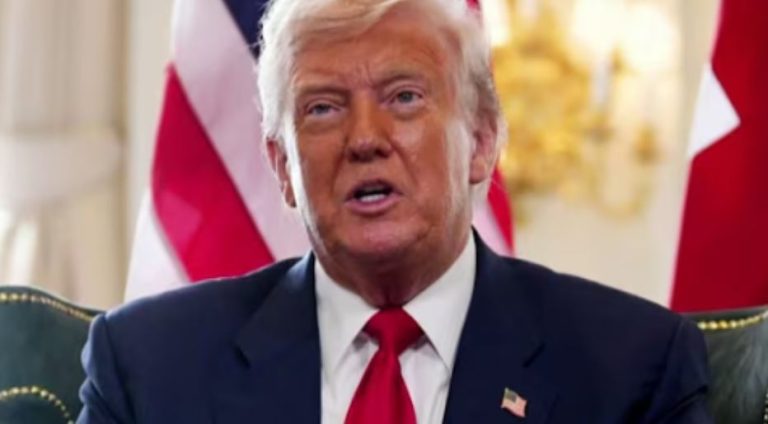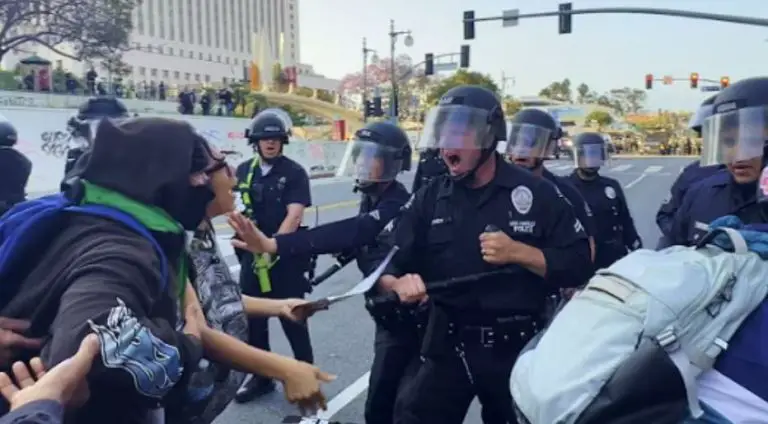Biden is scrambling to cover his tracks. He doesn’t realize he has already lost.
And now Donald Trump smacked Biden with a devastating loss that could end him for good.
Trump Administration Rejects Biden’s Executive Privilege Claim in Autopen Probe
The Trump White House on Tuesday denied former President Joe Biden’s assertion of executive privilege over documents related to his administration’s use of an autopen, paving the way for continued congressional scrutiny of the controversial practice.
In an October 1, 2025, letter to the National Archives and Records Administration (NARA), Biden sought to block the release of certain records.
“I am concerned that disclosure of these materials would damage important institutional interests of the Presidency, including by impairing the ability of future Presidents to receive robust, candid advice from their close advisers. For these reasons, I hereby assert executive privilege over the documents listed,” Biden wrote.
“I have raised no objections to multiple requests for Presidential records from my Administration, and hundreds of documents have already been provided to Congress pursuant to those requests, but the records now proposed for release include documents reflecting presidential decisionmaking and deliberations and other materials that are protected by executive privilege,” Biden added.
White House Counsel David Warrington rejected the claim in a Tuesday response to NARA.
“As President Trump has stated, the abuse of the autopen that took place during the Biden Presidency, and the extraordinary efforts to shield President Biden’s diminished faculties from the public, must be subject to a full accounting to ensure nothing similar ever happens again,” Warrington wrote.
“Similarly, President Biden’s repeated abuses of the rights of American citizens during the pandemic and his politically motivated efforts to investigate Members of Congress must also be subject to a full accounting to ensure nothing similar ever happens again. Congress has a compelling need in service of its legislative functions to understand the circumstances that led to all these horrific events,” the letter stated.
Warrington noted discrepancies in signatures, observing that Biden’s mark on the privilege letter differed from those on pardons issued to his son Hunter Biden and other family members.
“Remarkably, that letter demonstrates the importance of these congressional investigations. President Biden’s signature does not match the one he used to pardon his family or his son,” Warrington wrote, attaching comparative images.
Ongoing Congressional Investigations
The dispute centers on widespread autopen use during Biden’s term, which critics allege allowed aides to sign official documents amid concerns over the former president’s cognitive health.
President Trump has vowed to void documents signed via autopen without explicit presidential approval, stating on Truth Social in December that roughly 92% of Biden-era documents bore machine-generated signatures.
“The Autopen is not allowed to be used if approval is not specifically given by the President of the United States,” Trump posted. “The Radical Left Lunatics circling Biden around the beautiful Resolute Desk in the Oval Office took the Presidency away from him.”
Trump has called the matter potentially “the biggest scandal maybe of the last 100 years in this country,” warning that “whoever controlled the autopen controlled the presidency.”
House Oversight Committee Chairman James Comer (R-Ky.) released an October report concluding that White House staff concealed Biden’s decline and authorized actions via autopen.
“The Biden Autopen Presidency will go down as one of the biggest political scandals in U.S. history. As Americans saw President Biden’s decline with their own eyes, Biden’s inner circle sought to deceive the public, cover-up his decline, and took unauthorized executive actions with the autopen that are now invalid,” Comer said.
The probe featured interviews with former aides and Biden’s physician.
House Democrats dismissed the findings, stating no evidence supported claims of wrongdoing.
Warrington: ‘Unique and Extraordinary Circumstances’
In his rejection letter, Warrington argued the situation warranted full disclosure.
“Any American, save for those paid to cover the President as ‘reporters’, could see that President Biden struggled to perform his duties,” Warrington wrote.
“These are unique and extraordinary circumstances. Congress is examining an assault on the President’s constitutional duties, the civil liberties the Constitution provides all Americans, and the democratic institution of Congress itself. The constitutional protections of executive privilege should not be used to shield, from Congress or the public, information that reflects a clear and apparent effort to subvert the Constitution itself,” he added.
Biden previously rejected suggestions of improper autopen use, stating in June: “Let me be clear: I made the decisions during my presidency. I made the decisions about the pardons, executive orders, legislation, and proclamations. Any suggestion that I didn’t is ridiculous and false.”
The Heritage Foundation’s early 2025 analysis highlighted uniform autopen signatures on executive orders contrasting with Biden’s handwritten 2024 campaign withdrawal letter.
Concerns over Biden’s fitness peaked after his June 2024 debate performance, leading to his July withdrawal and endorsement of Vice President Kamala Harris, who lost to Trump in November.

